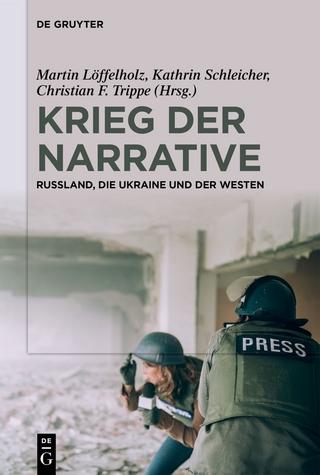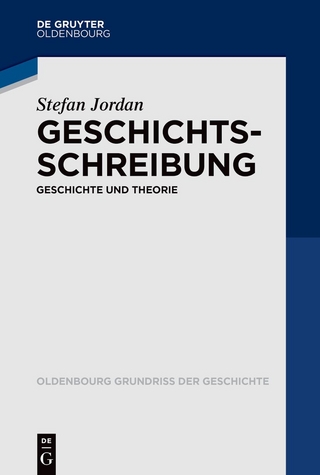
History After Lacan
Seiten
1993
Routledge (Verlag)
978-0-415-01117-4 (ISBN)
Routledge (Verlag)
978-0-415-01117-4 (ISBN)
Combining original feminist analysis with a brilliant exposition of Lacan's psychoanalytic theory, Teresa Brennan recovers Lacan's neglected theory of history, and uses it to develop an historical explanation of modernity.
Lacan was not an ahistorical post-structuralist. Starting from this controversial premiss, Teresa Brennan tells the story of a social psychosis. She begins by recovering Lacan's neglected theory of history which argued that we are in the grip of a psychotic's era which began in the seventeenth century and climaxes in the present.
By extending and elaborating Lacan's theory, Brennan develops a general theory of modernity. Contrary to postmodern assumptions, she argues, we need general historical explanation. An understanding of historical dynamics is essential if we are to make the connections between the outstanding facts of modernity - ethnocentrism, the relationship between the sexes and ecological catastrophe.
Lacan was not an ahistorical post-structuralist. Starting from this controversial premiss, Teresa Brennan tells the story of a social psychosis. She begins by recovering Lacan's neglected theory of history which argued that we are in the grip of a psychotic's era which began in the seventeenth century and climaxes in the present.
By extending and elaborating Lacan's theory, Brennan develops a general theory of modernity. Contrary to postmodern assumptions, she argues, we need general historical explanation. An understanding of historical dynamics is essential if we are to make the connections between the outstanding facts of modernity - ethnocentrism, the relationship between the sexes and ecological catastrophe.
Teresa Brennan teaches at the University of Cambridge. She is the editor of Between Feminism and Psychoanalysis and author of The Interpretation of the Flesh.
Part 1 The Problem; Part 2 The Ego’s Era; Part 3; Part 4 The Foundational Fantasy; Part 5 From the Reserve Army of Labour to the Standing Reserve of Nature; Part 6 Conclusion: Time and Exploitation;
| Erscheint lt. Verlag | 16.12.1993 |
|---|---|
| Reihe/Serie | Opening Out: Feminism for Today |
| Verlagsort | London |
| Sprache | englisch |
| Maße | 156 x 234 mm |
| Gewicht | 470 g |
| Themenwelt | Geisteswissenschaften ► Geschichte ► Geschichtstheorie / Historik |
| Geisteswissenschaften ► Psychologie ► Psychoanalyse / Tiefenpsychologie | |
| Medizin / Pharmazie ► Medizinische Fachgebiete ► Psychiatrie / Psychotherapie | |
| Sozialwissenschaften ► Politik / Verwaltung ► Politische Theorie | |
| Sozialwissenschaften ► Soziologie ► Gender Studies | |
| Sozialwissenschaften ► Soziologie ► Spezielle Soziologien | |
| ISBN-10 | 0-415-01117-5 / 0415011175 |
| ISBN-13 | 978-0-415-01117-4 / 9780415011174 |
| Zustand | Neuware |
| Haben Sie eine Frage zum Produkt? |
Mehr entdecken
aus dem Bereich
aus dem Bereich
Russland, die Ukraine und der Westen
Buch | Softcover (2024)
De Gruyter (Verlag)
CHF 55,90
Geschichte und Theorie
Buch | Softcover (2024)
De Gruyter Oldenbourg (Verlag)
CHF 34,90
wie Irritationen historisches Denken anregen
Buch | Softcover (2024)
Kohlhammer (Verlag)
CHF 96,55


